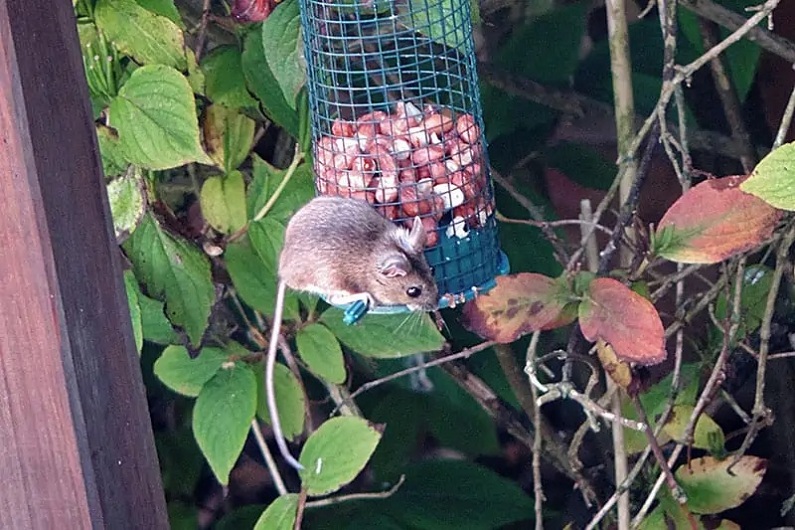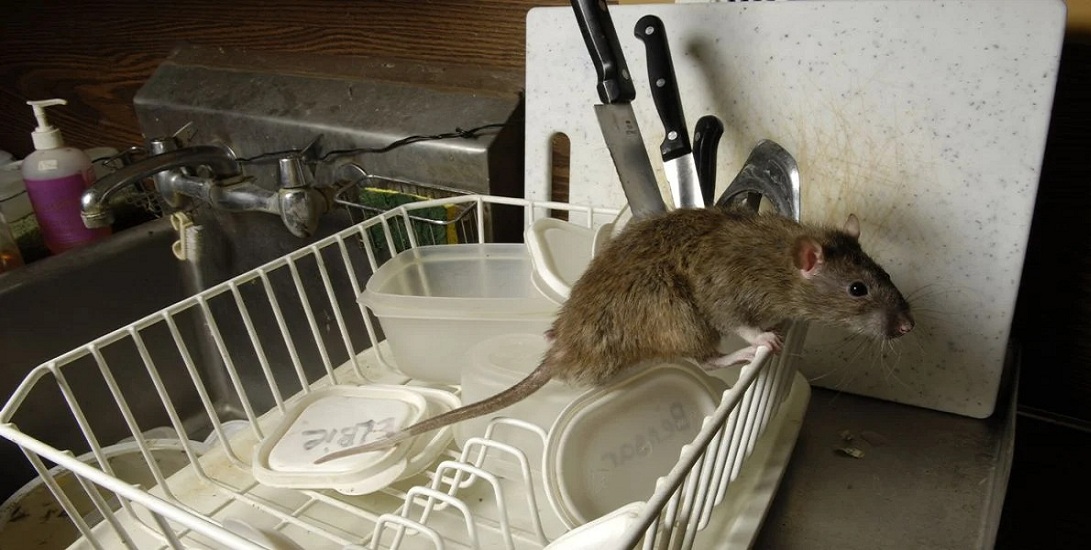Rats, which have a terrible reputation for being destructive pests, can and do chew through almost anything, mostly because they have to “trim” their teeth, which keep growing.
They can also spread disease and damage property. Whether or not rats caused the plague in the 1400s, these rodents carry pathogens that can make people sick, especially hantavirus, a rare infectious disease that can cause heart and lung problems that can be fatal.
That being said, today’s piece will discuss the seven ways in which rats cause damage to your home and the measures you can take to keep them out.
PEX Pipe Problems
Cross-linked polyethylene pipe was made to replace expensive copper and galvanized steel pipes because it doesn’t rust, doesn’t need to be soldered, and doesn’t break when it freezes. But mice and rats can chew through this cheap, flexible plastic tubing, which is a bad thing.
Seal holes around vent pipes and get rid of clutter around the house to keep them out. Call a pest control company as soon as you see droppings, chewed wood, or things that have been torn up.
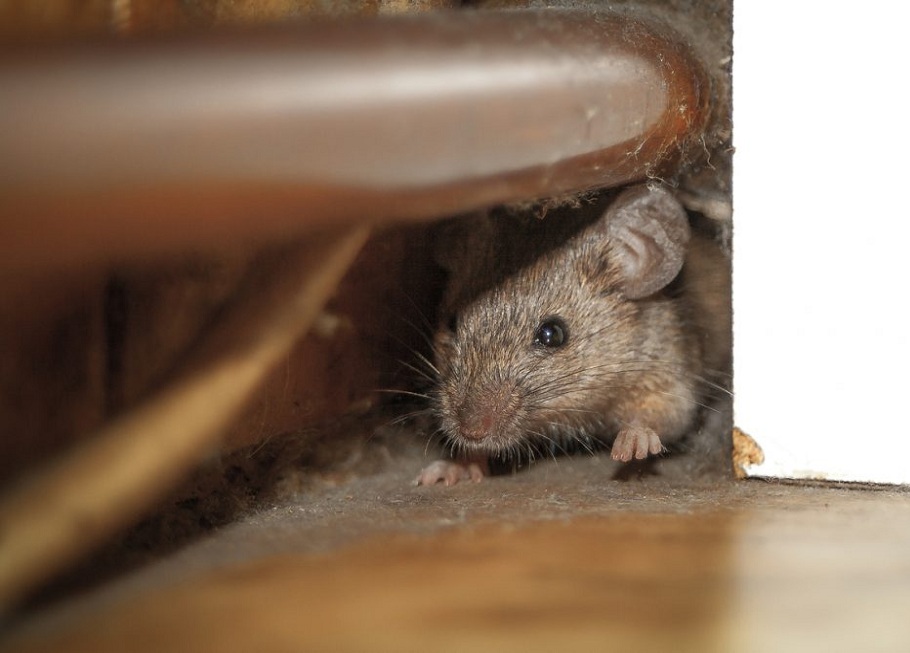
Heavy Metal Muncher
Can a rat chew through metal? Certainly! It’s important to clean up and safely dispose of food waste and store leftovers (including pet food) in the right way, but it can be scary to know that rats can easily chew through soft metals like lead, tin, and aluminum. So it’s important to choose storage containers that keep rats from eating everything inside.
If you seal food, pet food, bird seed, and grass seed containers well, the smells that attract rats will stay inside. When getting rid of pet waste, it’s important to do the same thing.
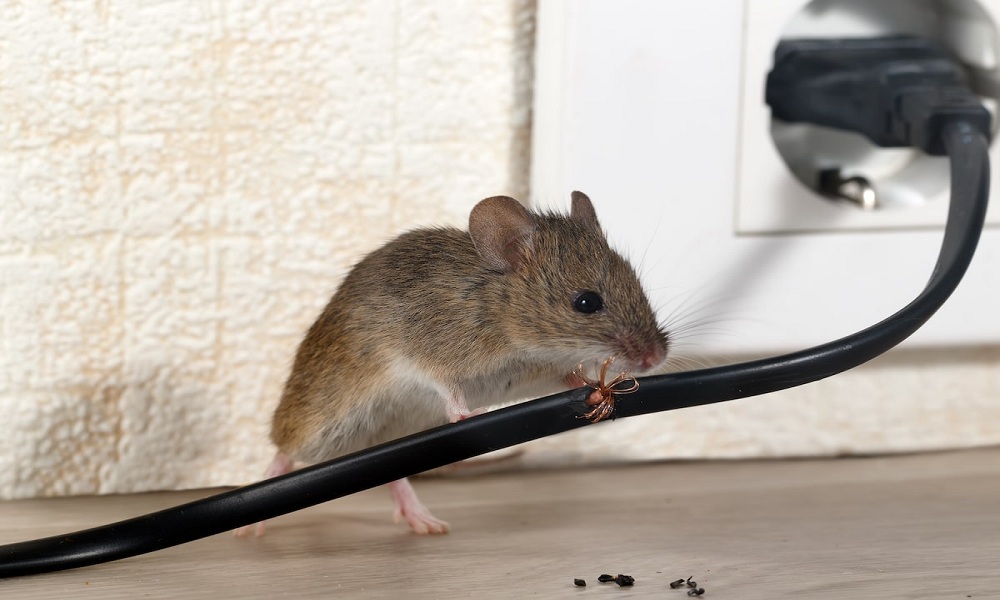
Nerves of Steel
Some really strong and determined rats can chew through steel. This can not only break steel pipes, but it could also let them out of steel traps.
There are many different kinds of traps. Even though glue traps may work, they are inherently cruel because the animal has to suffer for a long time. Poison can be bad for pets and other animals. Snap traps kill immediately. Other animals may be caught in live traps such as Havahart, necessitating the relocation of the captive.
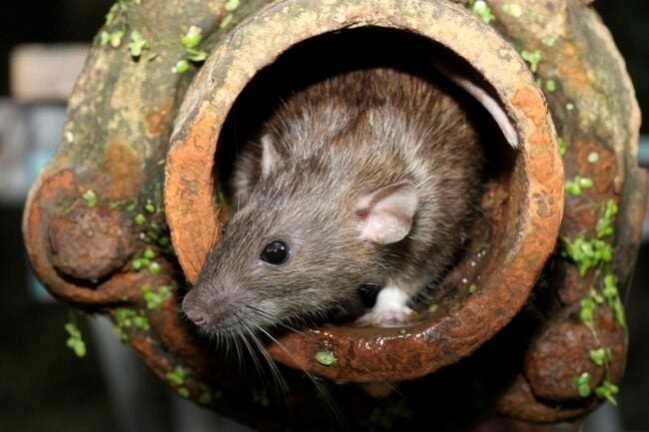
Concrete Conclusions
Rats can chew through soft concrete like that used in cinder blocks. This is not something that most people know. Luckily, they usually can’t chew through solid concrete, especially if it’s been washed with acid. If your house is built on a slab, that will help protect it.
Rats are less likely to live in garages, sheds, and other storage and outbuildings with concrete, ceramic, or stone floors. This can help keep rats from chewing on the wires in cars.
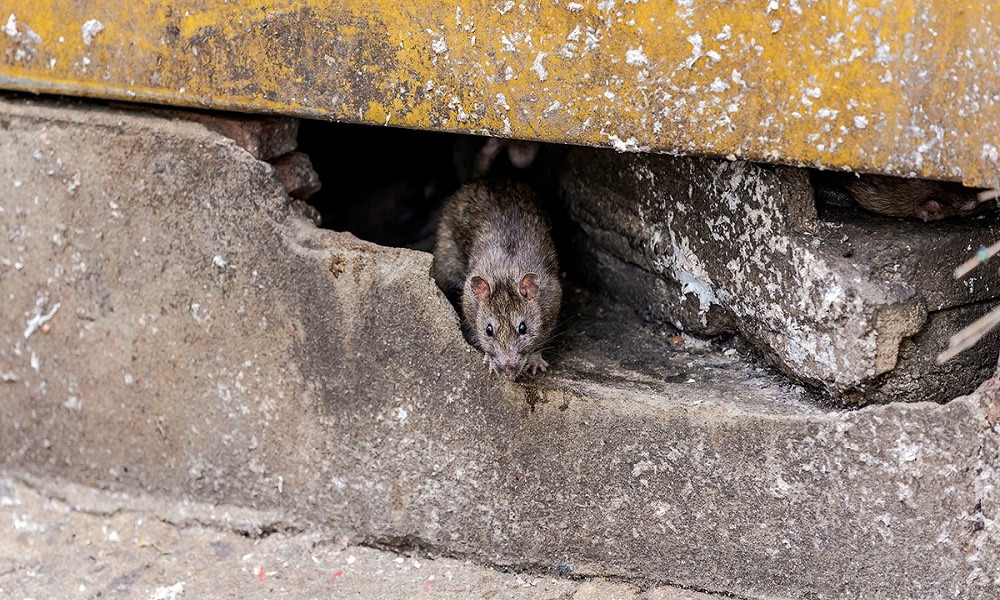
Softer Side
Rats chew to get to food and eat it, but they can also be destructive when they shred soft things to make their nests. The best way to keep rats from chewing on your clothes or insulation is to “rat-proof” your home. In addition to putting food and trash away safely, seal cracks and holes with copper wool (since they can chew through caulk and steel wool) and get rid of clutter to get rid of places they can hide and nest.
Some people are successful using ultrasonic repellents or humane decoys.
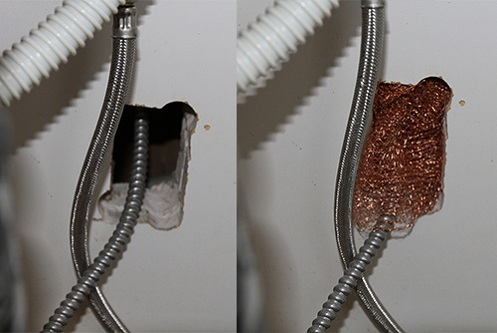
Creepy Crawl Spaces
Before you can get rid of rats, you need to find them. Many types of rats nest in attics or chimneys, but Norway rats usually nest in the ground or in a crawl space. Rats can do a lot of damage before you notice them because they live in places you rarely visit.
Learn what their droppings look like so you can follow them. Look in dark, out-of-the-way places that offer privacy or are close to food.
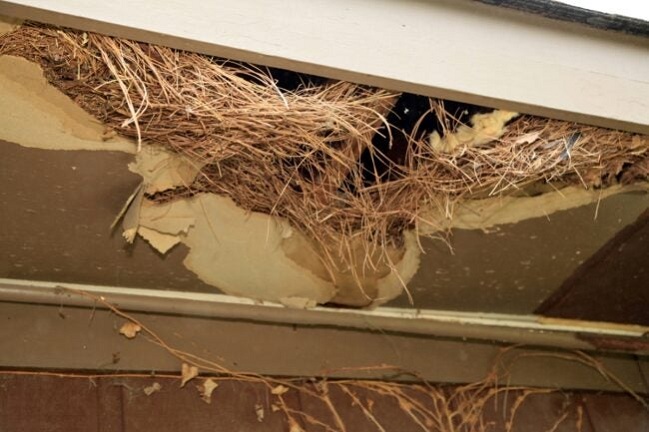
For the Birds
Rats are active at night, so they will come to your bird feeders after the birds have gone to bed. To keep pesky rodents from eating expensive bird food, pick right kind of bird feeder and place it away from fences and garden furniture. Fill the bird feeder early in the day so that the food will be eaten before it gets dark.
You can also plant mint, sage, rosemary, mums, daffodils, and geraniums nearby, which will keep rodents away.
